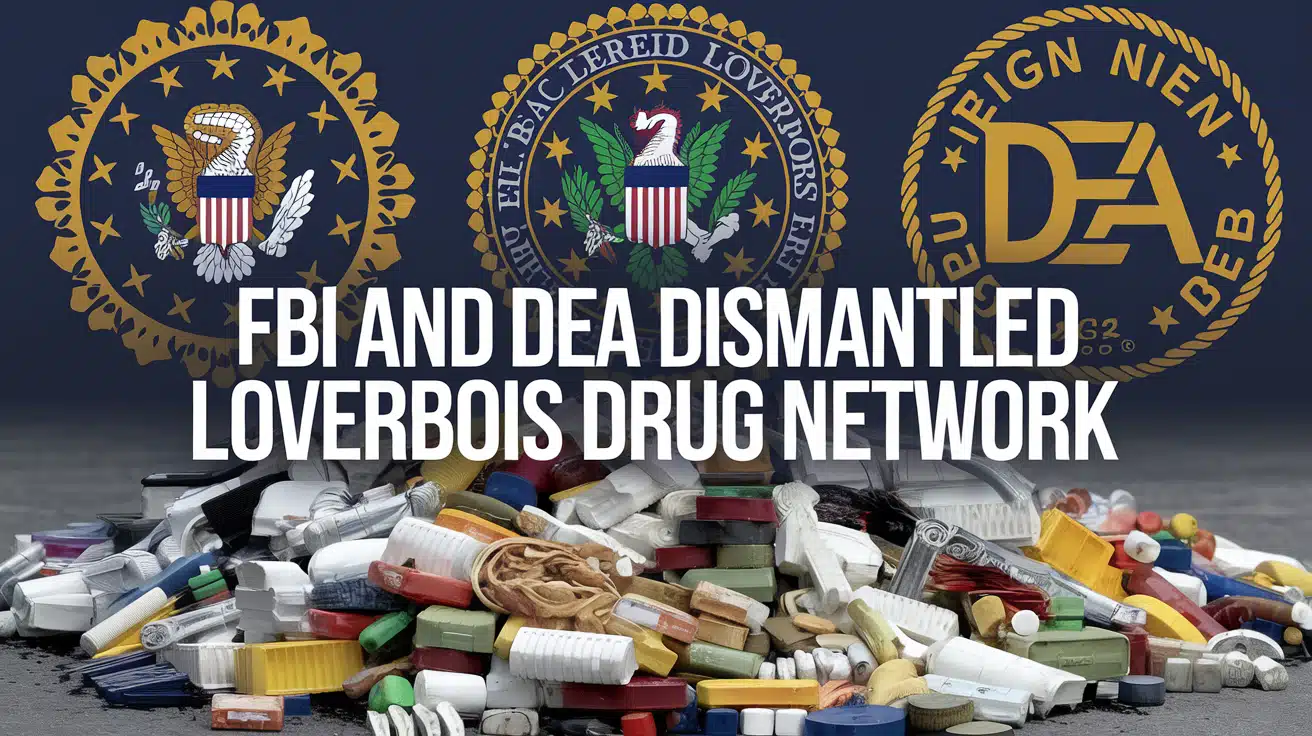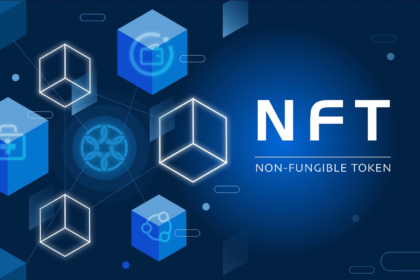Six conspirators involved in a dark web drug operation that trafficked nearly 12 kilograms of methamphetamine and laundered between $50,000 and $30,000 a month through cryptocurrency led to the sentencing of a Texas-based drug ring this week. After an extensive narcotics operation involving the FBI, the DEA, and the U.S. Postal Inspection Service, including through mail, the sentences range from probation to up to 84 months in the federal penitentiary.
Tuesday, the U.S. Attorney’s Office for the Southern District of Ohio made the sentencing known, as well as the complex, covert network the group operated under the vendor name “Loverbois.” From July 2019 to December 2020, this Texas-based dark web syndicate averaged 20 drug orders per day. They sold methamphetamine, posing as Adderall pills, to customers nationwide.

Phung oversaw meth transactions and Cryptocurrency laundering
Court documents also reveal that Phung, the leader of the Loverbois group, established and managed the Loverbois online account, which the group utilized for its illicit transactions. Phung took orders over the dark web, a section of the internet deeply associated with illicit activity and worked with other group members to buy and sell meth in pill form.
These were Adderall, which is a prescription drug used to treat ADHD. However, over the course of the 18-month operation, the group sold nearly 12 kilograms of methamphetamine through these Adderall pills. The group laundered the proceeds using cryptocurrency, a favoured method for criminal groups to keep their money hidden from view.
Investigators claim Phung was also in charge of transferring the cryptocurrency to conceal and launder the drug money from law enforcement. Federal prosecutors said Phung’s role was key in keeping things moving for drugs and money. “He not only took orders; he tracked payments that were in cryptocurrency and had it moved so it avoided tracking.”
John Dang helped with the logistics side and was a central figure in the operation. Dang played a crucial role in packaging and manufacturing methamphetamine pills for buyers, and he played a crucial role in laundering the drug proceeds. According to court filings, Dang allegedly laundered $15,000 a month using cryptocurrency, which he transferred through several accounts to conceal its source.
FBI and DEA dismantled Loverbois drug network
With sophisticated laundering science, the group was able to route sales of drugs between $15,000 and $50,000 to them per month. The group exploited the anonymity and difficulty in tracking digital currency transactions, a growing issue for law enforcement as more and more crimes occur online.
The Organized Crime Drug Enforcement Task Force (OCDETF) conducted an investigation into a dark web methamphetamine operation in 2020. The trail of their online activity and cryptocurrency transactions enabled multiple federal agencies, including the FBI and DEA, to work in conjunction with the task force to dismantle the Loverbois network.

The task force spent over a year investigating the drug distribution and money laundering web, which spanned multiple states and utilized encrypted communications. But the U.S. Postal Inspection Service helped track shipments, and it was ultimately the six defendants’ arrests that resulted.
A drug ring that ran a dark web meth operation and laundered proceeds through cryptocurrency had six of its members sentenced to probation, up to 84 months in prison. However, federal prosecutors cautioned that this case highlights the capacity of law enforcement to target online anonymous drug trafficking and cryptocurrency laundering.
Conclusion
The prosecution of the Loverbois drug ring serves as a stark reminder of law enforcement’s growing capacity to prosecute dark web crime. Federal agencies vigorously combat cybercriminals who swiftly shift their operations to digital currency, ensuring the pursuit of justice.
Stay updated with TheBit Journal by following us on Twitter and LinkedIn and joining our Telegram channel.





























